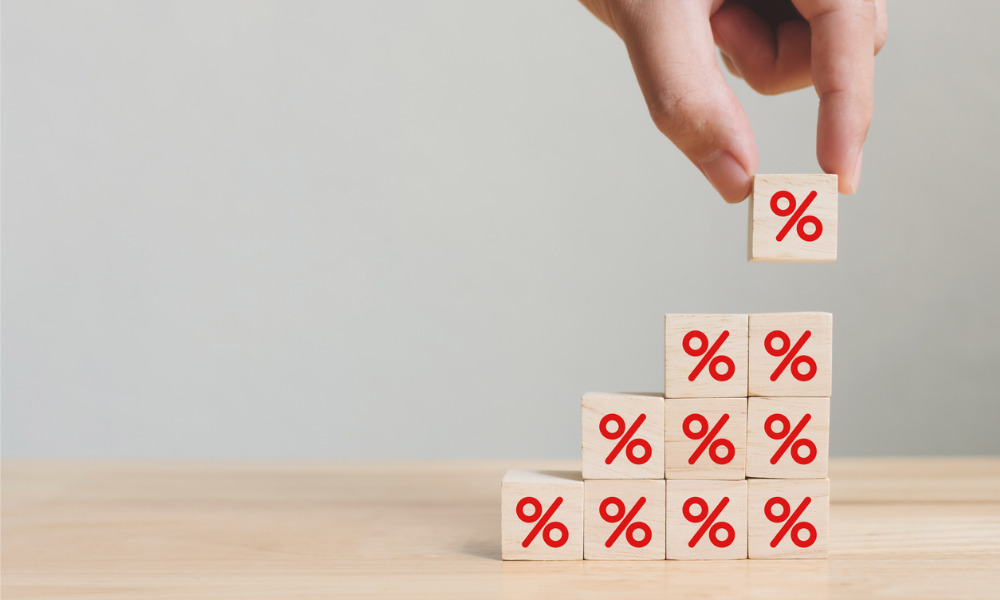Philip Lowe admits a rate increase this year is "plausible"

After months of saying that the cash rate would likely remain at its current record low throughout the year, the head of the Reserve Bank of Australia has admitted that the war in Ukraine and intensifying inflation could force the bank’s hand.
RBA Governor Philip Lowe said Wednesday that it was “plausible” the central bank could hike interest rates in 2022. Lowe said conditions weren’t yet right to raise the cash rate from its current record low of 0.1%, but that the situation in Eastern Europe – and associated supply issues and surges in commodity prices – could force a hike by the end of the year, The Australian reported.
Speaking at The Australian Financial Review’s 2022 Business Summit, Lowe said that inflation risks had “certainly moved to the upside” since Russia’s invasion of Ukraine two weeks ago, but there was still room to take a wait-and-see approach on monetary policy.
“In this uncertain environment – and with the starting points for wages growth and underlying inflation in Australia – we can take the time to assess the incoming information and review how the uncertainties are resolved,” Lowe said.
However, given the current situation, he said “it is plausible that the cash rate will be increased later this year.”
The RBA cut the cash rate to 0.1% in 2020 to help shield the economy from the impacts of the COVID-19 pandemic. Lowe had originally indicated the rate would hold there until at least 2024, although following a surprise spike in inflation, he said the rate could rise as soon as 2023.
However, that spike in inflation, along with a better-than-expected economic recovery from the pandemic, has caused economists and financial markets to predict a hike around the middle of this year.
Central banks around the world have already begun the process of winding down COVID-related fiscal stimulus, The Australian reported. Last month, the RBA ended its bond-buying program as inflation climbed to 3.5%. Inflation is tipped to hit 5% by mid-year.
Read next: Reserve Bank keeps interest rates on hold
However, Lowe said that underlying inflation, at 2.6%, has only just hit the middle of the RBA’s target band, The Australian reported. He also pointed out that overall wage growth had only recently returned to pre-COVID levels.
“I recognise that there is a risk to waiting too long [to raise rates], especially in a world with overlapping supply shocks and a high headline inflation rate,” Lowe said. “But there is also a risk of moving too early. Australia has the opportunity to secure a lower rate of unemployment than has been the case for some decades. Moving too early could put this at risk.”
David Plank, head of economics at ANZ, told The Australian that Lowe’s comments hinted at a rate hike in the third quarter as opposed to Q2.
“A material surge in inflation would challenge this, as it would make it difficult for the RBA to argue that it can be patient in a way that countries with substantially higher rates of inflation cannot,” Plank said. “But wages remain a critical component of the RBA’s thinking, with Lowe circling back to what higher rates of inflation might mean for wages growth.”
Prior to the war in Ukraine, Lowe said there was evidence that the supply-chain issues plaguing the global economy were being resolved, The Australian reported. However, the war and the resulting sanctions against Russia have created a new supply shock that is driving prices skyward, especially for commodities.
Lowe said this was one of two main issues the central bank was scrutinising, the other being increasing labour costs.
“The recent lift in inflation has brought us closer to the point where inflation is sustainably in the target range,” he said. “So too have recent global developments, but we are not at that point yet.”



